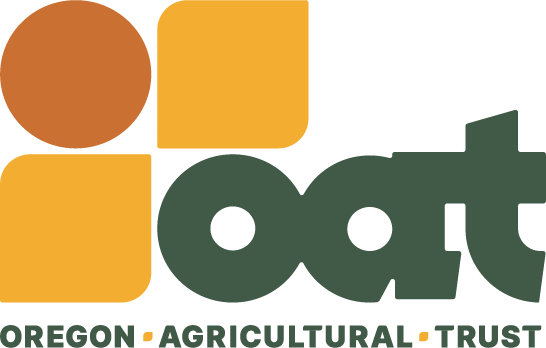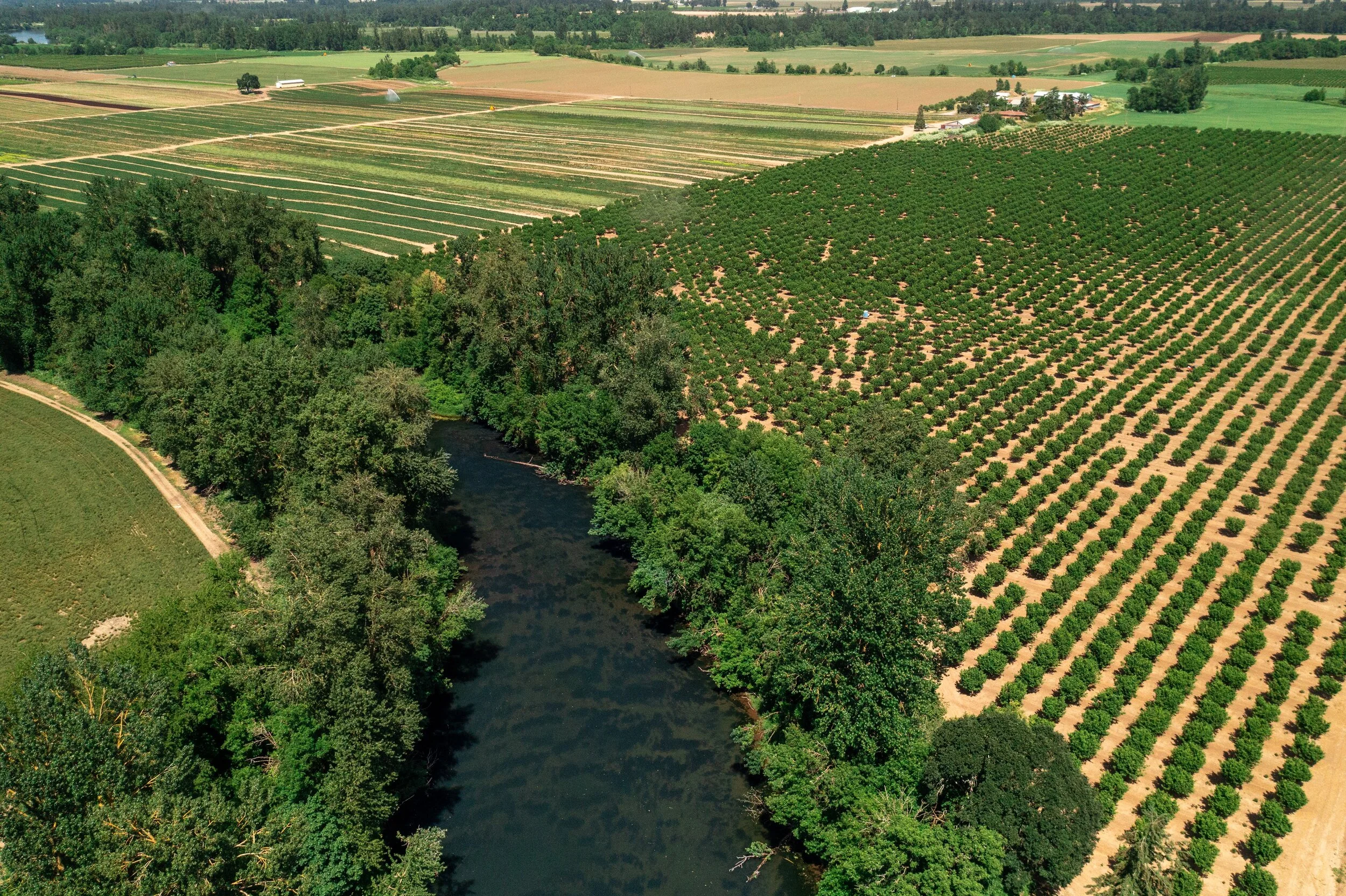“Oregon’s current farm owners have a lifetime of accumulated wisdom and assets. The full succession and estate plan is their opportunity to make a difference for their future family, their community, their industry, or any other cause they value.” - Sherri Noxel, PhD
Generally, 90% of family business owners want the business to stay in the family for the next generation. Yet, typically, no more than 35% of these owners have a documented plan for this transition. I deeply wish these statistics were different for Oregon farmers and ranchers, but they’re not. As a community, we can support farmers and ranchers and close this gap between intention and action.
Many farm owners talk about their succession “in the barn but not at the kitchen table.” This observation signals that owners are making farming decisions with a continuity intention in mind, but they haven’t done the more difficult work of structuring the farm operation, preparing the documents and preparing the family.
Educating owners about succession planning, family dynamics, tax strategies or legal structures is important and helpful but not sufficient. The increasing number of workshops, webinars, podcasts, case studies, guidebooks, checklists and online resources aren’t relevant until farmers are personally and mentally ready to plan.
The work right now is to coach, nudge, support and inspire for change in their mindset. Farm advisors in Oregon are focusing on helping owners shift from a conceptual, and verbal plan to a tangible, and documented plan. One estate planning attorney describes this need to shift in thinking from “if I die” to “when I die.”
It’s understandable why so many owners resist succession planning given the forces that work against change in business. Employees, suppliers, buyers and advisors will not initiate changes in their beneficial working relationships with an owner. Especially if they sense tension for the owner around this topic. Successors feel stressed about the future but don’t want to appear self-serving if they ask about the plans for the farm’s future ownership.
Farm owners realize the potential need for a change in transport vendors, pest management plans, or equipment upgrades, but a change in ownership and/or leadership is seismic. Overdue conversations about retirement, departure, control and mortality make the topics more difficult to address. The circumstances surrounding our farms have changed such that the higher farm values are getting more attention from nonfarm heirs. High-value farms sold or gifted to the next generation require careful planning. Less time for the farm transfer means fewer planning options. On top of everything else, noted economist Dr. Dave Kohl recommends that farm owners be prepared to spend 1% of their total asset or equity base to fund transition planning.
As a community, we can create the space for an owner to step back from these pressures and first acknowledge and accept that planning is needed. Let’s shift the focus from how they will transition the farm to first understanding why they will transition the farm.
Oregon’s current farm owners have a lifetime of accumulated wisdom and assets. The full succession and estate plan is their opportunity to make a difference for their future family, their community, their industry, or any other cause they value. Identifying what is most important to their personal legacy becomes the planning incentive. Overcoming the challenges and stress of succession planning demands a deeply compelling reward. Let’s help these farmers get energized by the farm future that can happen because they are planning.
Answering the question why comes first. The details of how the farm transitions, with the associated conversations, legal entity formations and timelines, will follow. In fact, getting clear on the goals of the farm’s transition may make the planning more productive and reduce costs by minimizing changes along the way.
My goal, shared among Oregon’s farm advisors, is to minimize the need to serve successors who must scramble to save their farms because the plan only existed in the barn. Connecting with farm owners to understand their personal reward for the farm’s future can move planning to the kitchen table.
Interested in learning more?
Join Sherri on Thursday, June 27th for an online class through PCC. You can register online or call 971-722-8888 and choose option 2.
Visit our Ag Business Support page to view resources and learn about the advising options offered by OAT.



